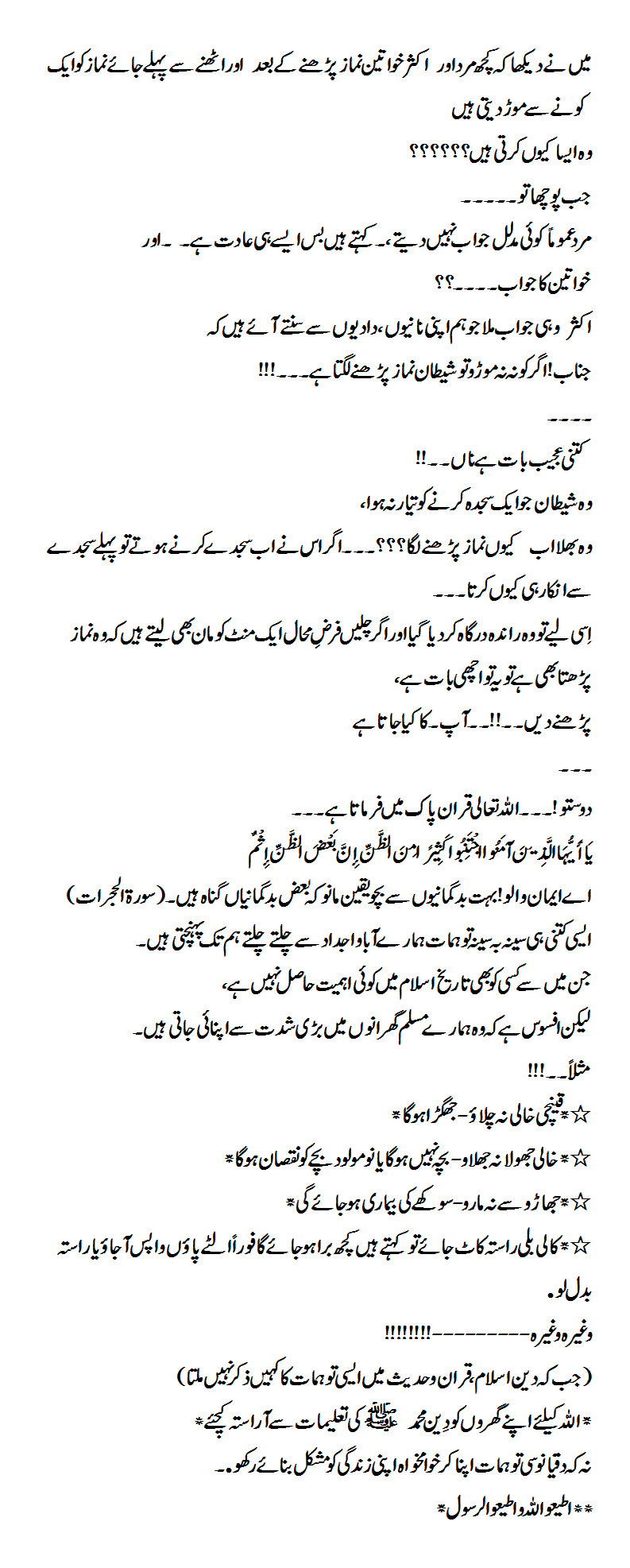When confronted, they defend their faith with as much fervour and clarity as men and women in the Islamic world do.This helps them learn more about their faith, and in the process, develop a new understanding of Islam. This understanding encourages some of them to interpret their faith from a woman’s perspective.
Nimat Hafez Barazangi, who has a Ph.D. in Islamic and Arabic Studies, says it’s time for Muslim women to have a peaceful, silent revolution, firmly grounded in the Holy Quran.
Asma Barlas, director of the Center for the Study of Culture at Ithaca College, New York, says that for her as a Muslim, “the starting premise is that the Holy Quran, ontologically, is the speech of God. The problem thus lies not in the divine discourse of the sacred text, but in its interpretation.”
Another Muslim woman scholar, Laleh Bakhtiar, has translated the holy book and her translation attempts to take a female perspective of her faith.
While working for an American news agency, UPI, I met two women who went beyond interpretations and tried to practice Islam as they considered it right.
